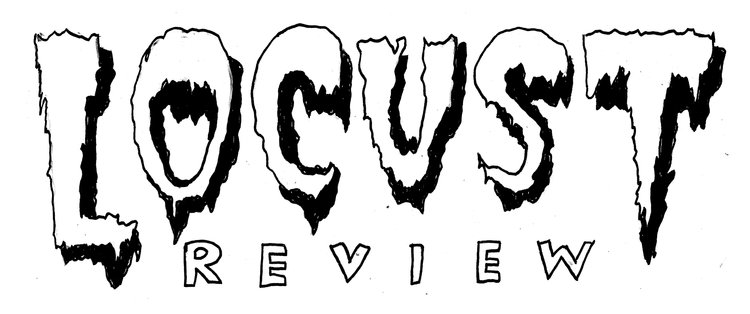Part of what enables fascism – allows the fusion of the state with the far-right – is the moral and intellectual decay of the bourgeoisie itself. The American ruling-class is beginning to resemble the revelers of Pier Paolo Pasolini’s Salo (1977) in which aristocrats sexually torture servants, workers, and peasants in a country villa.
This moral and intellectual decay spans official politics – from its liberal center in the Democratic Party to the increasingly far-right Republican Party. It is represented physically in the body of President Joe Biden – as if he were the sick king of a sick land in Oedipus Rex. It is also reflected in the inability of the Democratic Party, thus far, to remove Biden despite his apparent non compos mentis.
After a failed assassination in a Pennsylvania field, former President Donald Trump was photographed with blood streaming down his face – surrounded by secret service agents in a scene reminiscent of Carravaggio’s The Taking of Christ – raising his fist in the air and mouthing the words, “fight, fight, fight.” The authoritarian was sanctified in blood. The great leader survived a trial – proving to fascist minds that he is superior.
The conclusion of some leading Democrats was to give up on the 2024 election – to be resigned to a second Trump presidency. Evidently, democracy – even in its already limited American idiom – is (for some) to be written off, much as the French ruling-class once wrote off the Third Republic.
American liberals have presented Trumpian revanchism as a foreign import; orchestrated by Russia and possibly China. But this tendency toward fascism is entirely home grown. When it comes from overseas it is largely a reconciliation of the exterminism and brutality of US foreign policy with its domestic realm. As Aimé Césaire noted of the Nazi Holocaust, Europe brought home the tools of imperialism and genocide it had used in its colonies.
Part of President Biden’s problem is that he is so covered in Palestinian blood that he is unable to convincingly act as a lesser evil.
There is a tendency toward bourgeois political convergence. As Hal Draper notes in “Who’s going to be the lesser evil in 1968?,” in relation to Paul von Hindenberg’s appointment of Adolph Hitler to the German chancellorship, “people voted for the Lesser Evil and got both.” Hindenburg was the “lesser evil” in the 1932 election. He won and appointed Hitler anyway.
Of course, the political dynamics are unpredictable and chaotic. In the UK, Labour won a parliamentary landslide. But Keir Starmer’s Labour got less votes than Labour did in the last two elections under Jeremy Corbyn. Many of those who usually vote Tory seemed to have stayed home or voted for the far-right.
In France, the far-right National Rally was pushed from first place in the vote to third place in a runoff – with the left-wing New Popular Front coming in first. But the centrist president – and a fractured parliament – calls into question the formation of a new government.
In India, the fascist BJP, which was seeking to increase its majority, was forced into a coalition government.
Precarity and indeterminacy predominates.
In all these cases, however, the far-right threat is a product of the crisis of the ruling capitalist class in each country – under conditions of attenuating neoliberalism.
The fascist call is coming from inside the house.
Locust Review 12 – coming in fall 2024 – will focus on these matters and more; including historic and contemporary political, cultural, and artistic responses to fascism and colonialism.
As part of a reorganization at Locust, we are seeking art, poetry and fiction, but also non-fiction, essays and reviews for the upcoming issue. Fiction submissions should be less than 3,500 words. Poetry submissions should be less than four pages. Non-fiction submissions should be less than 5,000 words for essays and less than 2,500 words for reviews. Images should be submitted in jpg format at 300 dpi, and at least eight inches in one dimension, and be accompanied by the title, date, and materials used in creating the work.
Submissions can be sent to locust.review@gmail.com. Those who submit should know that, due to the volume of submissions, we cannot always respond to all those who submit work. The deadline for submissions is August 31, 2024.
Subscribe to Locust Review for as little as $1 a month.
Submit work to Locust Review by e-mailing us at locust.review@gmail.com.

